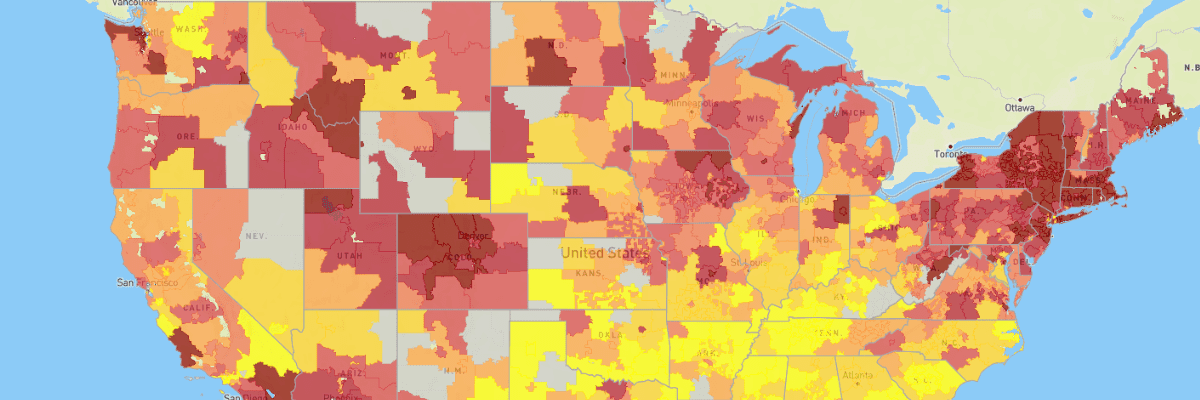


Beyond Celiac, the leading patient organization and catalyst for a celiac disease cure in the U.S., and the National Minority Quality Forum (NMQF), a research and educational organization dedicated to ensuring that high-risk racial and ethnic populations and communities receive optimal health care, are partnered to examine and address health inequities in the diagnosis and treatment of celiac disease.


Celiac disease affects all ages, genders and races, but there is debate in the US about the prevalence rate based on race. As we make progress toward a cure, we MUST begin a concentrated effort to help mitigate the healthcare access and outcomes disparities faced by minority and underserved populations with celiac disease. This work begins with creating a more accurate picture of the geographies and demographics where the issues are most acute to better isolate the specific gaps we need to address.
This problem is significant, societal and difficult to solve. Beyond Celiac is addressing the work in phases, with the first phase consisting of gathering and analyzing nationwide healthcare utilization and claims data to identify the range of disparities that impact those with celiac disease and those we suspect may be undiagnosed and living with the condition. We have selected the National Minority Quality Forum as a credible partner. This important work will give us new insights and strategies for expanding our patient research and clinical trials outreach.
Early analysis of 2016 Medicare claims data through the Beyond Celiac-NMQF partnership has found that nearly 93% of those diagnosed with celiac disease were white compared to only about 3% who were Black and 1% who were Hispanic. About 70% of diagnosed patients were female. The findings also suggest a significant number of missed diagnoses or misdiagnoses based on geography. Additional research through this project will more fully illuminate geographic, racial, ethnic, and gender disparities in celiac disease.
We need to identify those who are slipping through the cracks of diagnosis, who don’t have access to gluten-free foods and who are not being represented in clinical trials for new treatments. Only then can we be truly effective in our mission.
It is important to Beyond Celiac to analyze the Celiac Index data and leverage our findings to broaden the medical and scientific community’s knowledge and understanding as well as to broader our clinical trial recruitment efforts.
Geographic Distribution Of and Potential Disparities in Celiac Disease in the US – Presented 2022 at Digestive Disease Week. Read more
What will we uncover next?


Assemble, map, and analyze Medicare and Medicaid data on celiac disease and related conditions across the US by demographic cohort down to the zip code level.

Conduct a review of potential celiac comorbidities, overlaying incidence of those conditions with areas representing low diagnosis rates, trying to identify misdiagnoses and missed diagnoses, especially in areas with high representation of underserved and minority communities.

Leverage our findings to broaden our clinical trials recruitment efforts through enhancements to our Go Beyond Celiac patient registry and the expanded
use of other forms of patient engagement.

Plan the subsequent project phase as a direct output of this data mapping and analysis work, identifying the resources we need to assemble and the forms they should take to create sustainable systemic change and diminish healthcare disparities in diagnosis, outcomes, clinical trial representation and eventually access to therapies for celiac disease patients
Opt-in to stay up-to-date on the latest news.
Yes, I want to advance research No, I'd prefer not to